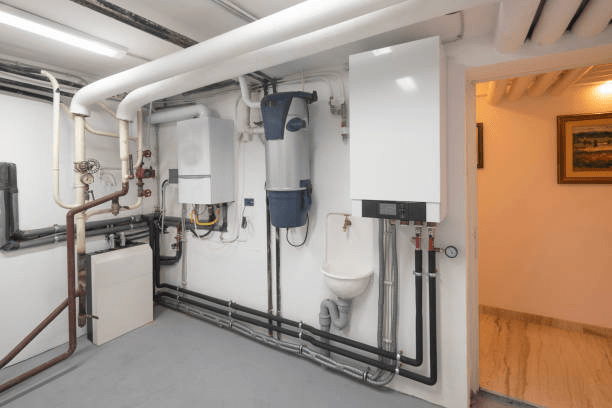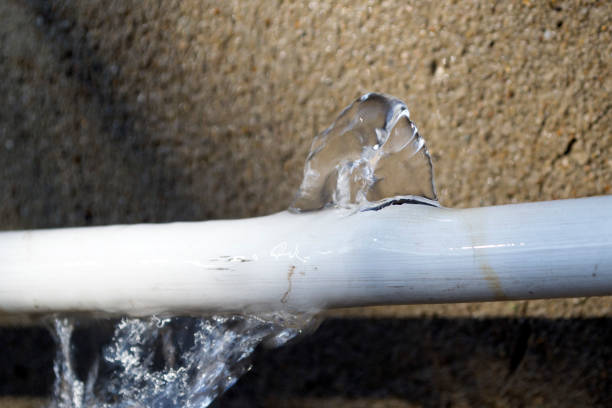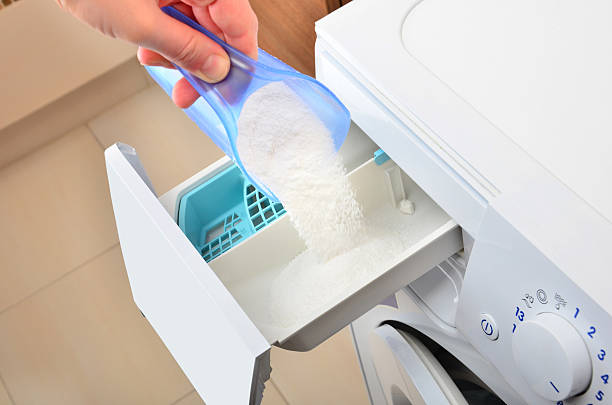Do You Need a Whole House Water Filter?
What Are Whole House Water Filters

How Do Whole House Water Filter Systems Operate?
The Advantages of Whole House Water Filters
- Enhanced water quality: Your water may be free of sediment, lead, chlorine, and other harmful contaminants thanks to wholehome water filters. This could improve your waters taste, smell, and appearance while making it safer to drink.

- Protected appliances and pipes: Hard water and other impurities can damage your appliances and pipes. Toxins removed from your water by whole house water filters could protect your investment.



- The enhanced flavor of food and beverages: Cooking with purified water may enhance flavour. Food flavour can be changed by contaminants like chlorine.

- Making sure that your water is clean and free of impurities will give you peace of mind. While considering installing a wholehome water filter, it is essential to do a lot of research and pick a water filtration system that fits your needs.
The Price of a Whole House Water Filter
Price Range:
- Low-end: $850 - $2,000
- Mid-range: $2,000 - $4,000
- High-end:$4,000 - $10,000
Factors Affecting Cost
- Activated carbon filters are less expensive than reverse osmosis systems, which are explained.
- Size and filter capacity are: It costs more for more extensive systems for larger homes.
- It costs more because you need special filters to eliminate pollutants like arsenic or lead.
- Prices could rise for top brands and hightech features like UV disinfection .
- The price could go up by $500 to $1,000 for professional installation by a plumber.
Additional Considerations
- Schedule regular filter changes every to months to account for maintenance costs.
- Choose the appropriate filter by analyzing your water to pinpoint specific impurities.
- Rebates and incentives include checking with the government or water bodies in your area to see if they offer refunds for water filtration systems.
Is a Whole House Water Filter Required?
How to Select a Whole House Water Filter
- The water quality assessment: thorough tests are done on water quality to find toxins like heavy metals, chlorine, and silt that could be in the source water.
- It is essential to think about the filtration systems flow rate and ability to ensure it can meet your familys water needs without affecting water pressure or performance.
- Qualifications and endorsements: check the filters effectiveness by reviewing its certificates and accreditations from reputable groups like NSF International.
- Check out the filter media in the system and pick one designed to target the toxins in your water test. Standard water filter methods include sediment filters, activated carbon, and reverse osmosis.
- Installation and compatibility information: check that the filter works with the plumbing you already have, and remember to think about how easy it is to set up. If you want to avoid making extra changes, choose a system that works well with your pipes.
- The filter has extra features and technologies, such as intelligent tracking, automated backwashing, and UV sterilization. It is essential to look into these technologies and their benefits. These traits may make the filter work better and be easier to use.
- Consider the ongoing costs of the filter, such as maintenance, replacement parts, and warranty protection. To get the most out of your investment, choose a system that is easy to use and has reliable help.
EXCEED EWG HEALTH GUIDELINES
30 Total Contaminants in Your Water
Water Provider
Fruitland Water Special Service DistrictPopulation Affected
120,000Water Source
Ground water































































